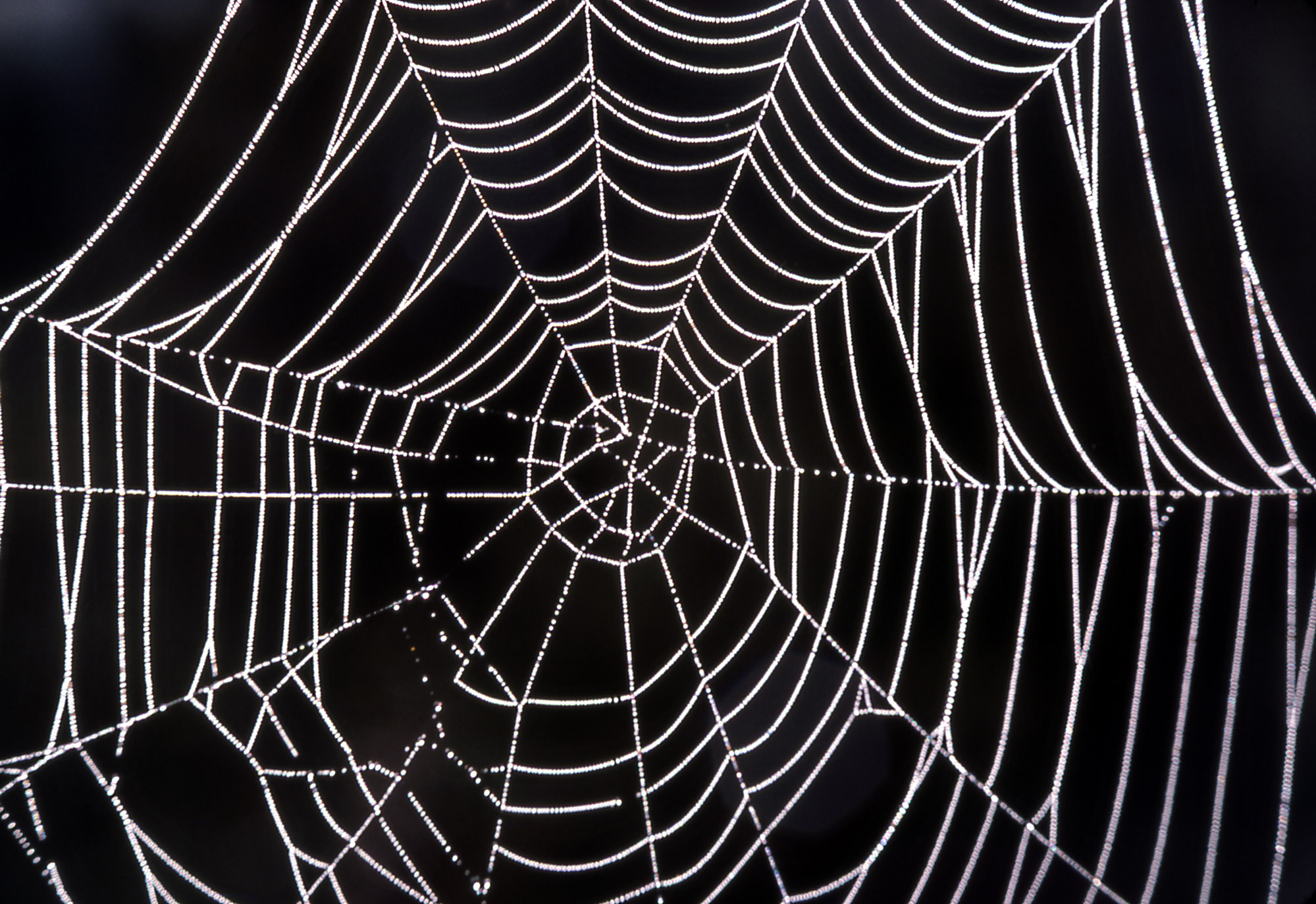Robert Frost has been a great inspiration to me. His poetry has made me reflect the simple things in life and the subtle. I think that some of the most challenging things to understand in the world are the small ideas. As a result, Frost has changed my poetic style; now I notice the little things and love to write about them. I wrote about a lady who came into the bookstore that I work at. After I got done checking her books out, I asked if she'd like a bag and her response was peculiar and striking: "Screw bags! They breed like rabbits!" So here is my poem.
Literary Pirates or Parrots
When it comes to literature, we all steal or copy.
Friday, January 24, 2014
I Can Dig It
A response to "Digging" by Seamus Heaney.
I don't think any poem capture the appreciation and reconciliation of family heritage as well as in the poem "Digging" by Seamus Heaney. An Irish poet, he begins the second stanza of the poem by reflecting on his father and grandfathers before him. There is an innocence to the manual labor his forefathers did in the fields and he holds great renown for them. He brings the poem to a closure by saying, "But I've no spade to follow men like them." The speaker of the poem respects the men who worked all their lives in hard conditions. Nevertheless, the speaker feels the job isn;t for him. I love the simplicity and genuineness that flows through the entire poem. Most children want to live up to their parents expectations, and eventually we all make a choice to follow in our forefathers footsteps or begging new life decisions. Whatever we choose to do, make sure it is the right choice, embrace it, and "dig with it."
Wednesday, January 22, 2014
Bogged Down In The Machine
"Bartleby, the Scrivener"
by Hermann Melville
I have to admit, when I first read the story of "Bartleby, the scrivener" by Hermann Mellville I was confused and disappointed. Why the hell did Bartleby act the way he did; even so, he didn't deserve the lonely death Melville gave him in the end of the novel.
Fortunately, after further analysis I understood the meaning behind the sadness. Bartleby didn't just die a meaningless death at the end of the story, he chose to challenge the capitalist society a which compartmentalized and organized each individual. The repetitious statement, "I prefer not to" that made me rather irritable was meant to be a blatant denial of the machine. Bartleby committed to a decision that was to protest the machine. Like the passive protests, which occurred in the 196os, Bartleby used simple and nonviolent means to contest the capitalist machine. I now have figured out that Bartleby is a stoic hero and fought with rationality against a profit driven culture--that takes a lot of courage.
The Average Woman
William Shakespeare
Her Mistress' eyes are nothing like the sun (Sonnet 130)
My mistress' eyes are nothing like the sun;
Coral is far more red than her lips' red;
If snow be white, why then her breasts are dun;
If hairs be wires, black wires grow on her head.
I have seen roses damask'd, red and white,
But no such roses see I in her cheeks;
And in some perfumes is there more delight
Than in the breath that from my mistress reeks.
I love to hear her speak, yet well I know
That music hath a far more pleasing sound;
I grant I never saw a goddess go;
My mistress, when she walks, treads on the ground:
And yet, by heaven, I think my love as rare
As any she belied with false compare.
Coral is far more red than her lips' red;
If snow be white, why then her breasts are dun;
If hairs be wires, black wires grow on her head.
I have seen roses damask'd, red and white,
But no such roses see I in her cheeks;
And in some perfumes is there more delight
Than in the breath that from my mistress reeks.
I love to hear her speak, yet well I know
That music hath a far more pleasing sound;
I grant I never saw a goddess go;
My mistress, when she walks, treads on the ground:
And yet, by heaven, I think my love as rare
As any she belied with false compare.
First I will begin by saying this is my favorite sonnet. In the poem Shakespeare takes completely different approach when describing the beauty of his mistress. His aberrant choices of diction create a realistic, appealing image that also touches the reader's heart. Unlike many other poets who feel they need to compare their lovers with venus and gold, Shakespeare uses practical metaphors. A deeper love and a sense of honesty emanates from the words of the poem.
Almost the entire poem (lines 1-12) appears to be complaining about a less than satisfactory woman saying, "her breast are like dun," "no such roses on her cheeks," and even "the breath that from my mistress reeks." Nevertheless, in the final two lines there is a twist in the speaker's attitude: "And yet . . . my love as rare / As any she belied with false compare." In other words, there is no need to make false comparisons his my mistress, because he is in love with her. Though Shakespeare is writing before the beginnings of the feminist movement, I thing he is coming from a feministic standpoint. Culture has created the image of the perfect woman, but it is impossible for ladies to reach these set standards. Shakespeare shows in the poem that physical attraction isn't all that matters in a woman, and every girl is unique in her own way--true beauty.
Spiders Gotta Eat Too
Design by Robert Frost
I found a dimpled spider, fat and white,
On a white heal-all, holding up a moth
Like a white piece of rigid satin cloth --
Assorted characters of death and blight
Mixed ready to begin the morning right,
Like the ingredients of a witches' broth --
A snow-drop spider, a flower like a froth,
And dead wings carried like a paper kite.
What had that flower to do with being white,
The wayside blue and innocent heal-all?
What brought the kindred spider to that height,
Then steered the white moth thither in the night?
What but design of darkness to appall?--
If design govern in a thing so small.
On a white heal-all, holding up a moth
Like a white piece of rigid satin cloth --
Assorted characters of death and blight
Mixed ready to begin the morning right,
Like the ingredients of a witches' broth --
A snow-drop spider, a flower like a froth,
And dead wings carried like a paper kite.
The wayside blue and innocent heal-all?
What brought the kindred spider to that height,
Then steered the white moth thither in the night?
What but design of darkness to appall?--
If design govern in a thing so small.
It's interesting to look at the details of death. Death comes in many different forms: it can come quickly, slowly, fortuitously, painfully, or even beautifully. In the poem, Robert Frost shows us that the grace and the complexities of death can even be present in small things. By using metaphorical images and the repetition of words like "white," the poem appears to have an innocence and elegance; nevertheless when we look deeper into the meaning of these words and images, the theme is about accepting death as an element of the natural world.
Generally our perception of death is seen as a tragic ending, which is dark and unfortunate, but in this poem the images of the spider, moth, and flower give us a different perspective. Like the design of the web that represents death to a moth, there is a design that governs our fate. Sometimes things as simple as a spider web, remind us that we are also part of the beautiful cycle of life and death. Design comes for us all.
Tuesday, January 21, 2014
A Sexy Poem
A Short Critique of the following poem:
Sex without Love by Sharon Olds
How do they do it, the ones who make love
without love? Beautiful as dancers,
gliding over each other like ice-skaters
over the ice, fingers hooked
inside each other's bodies, faces
red as steak, wine, wet as the
children at birth whose mothers are going to
give them away. How do they come to the
come to the come to the God come to the
still waters, and not love
the one who came there with them, light
rising slowly as steam off their joined
skin? These are the true religious,
the purists, the pros, the ones who will not
accept a false Messiah, love the
priest instead of the God. They do not
mistake the lover for their own pleasure,
they are like great runners: they know they are alone
with the road surface, the cold, the wind,
the fit of their shoes, their over-all cardio-
vascular health--just factors, like the partner
in the bed, and not the truth, which is the
single body alone in the universe
against its own best time.
without love? Beautiful as dancers,
gliding over each other like ice-skaters
over the ice, fingers hooked
inside each other's bodies, faces
red as steak, wine, wet as the
children at birth whose mothers are going to
give them away. How do they come to the
come to the come to the God come to the
still waters, and not love
the one who came there with them, light
rising slowly as steam off their joined
skin? These are the true religious,
the purists, the pros, the ones who will not
accept a false Messiah, love the
priest instead of the God. They do not
mistake the lover for their own pleasure,
they are like great runners: they know they are alone
with the road surface, the cold, the wind,
the fit of their shoes, their over-all cardio-
vascular health--just factors, like the partner
in the bed, and not the truth, which is the
single body alone in the universe
against its own best time.
In the poem "Sex Without Love" by Sharon Olds, as suggested by the title, she writes on the topic of SEX in the absence of love. She brilliantly uses several similes and metaphors to indicate sexual relationships: "Beautiful as dancers, / gliding over each other like ice-skaters / over the ice," "Like great runners," and "These are the true religious . . ." She is depicting the dark sides of these cheerful metaphors.
On the surface, the ice skaters sounds graceful and honest, but realistically they are only putting on a show. Likewise, great runners are physically fit, but ultimately run the course of their race alone, which is analogous with the lovers whom will not ever be authentically loved. Finally, when describing the religious (or, rather the ones who "love the priest instead of the God"), she compares the act of making love with asking for forgiveness from a priest during confession. Sharon Olds would suggest that when making love the individual must have his or her heart, emotions, and soul into the act--not just the body, likewise, when asking for forgiveness from the priest, our heart, emotions, and soul must be in the act--not just the words. Sharon Olds' use of diction and syntax is also brilliant. By combining the beautiful metaphors with the harsh diction and crude images of sex, it begs the audience to contemplate their own notions of sex without love.
"How do they do it, the ones who make love / without love?"
On the surface, the ice skaters sounds graceful and honest, but realistically they are only putting on a show. Likewise, great runners are physically fit, but ultimately run the course of their race alone, which is analogous with the lovers whom will not ever be authentically loved. Finally, when describing the religious (or, rather the ones who "love the priest instead of the God"), she compares the act of making love with asking for forgiveness from a priest during confession. Sharon Olds would suggest that when making love the individual must have his or her heart, emotions, and soul into the act--not just the body, likewise, when asking for forgiveness from the priest, our heart, emotions, and soul must be in the act--not just the words. Sharon Olds' use of diction and syntax is also brilliant. By combining the beautiful metaphors with the harsh diction and crude images of sex, it begs the audience to contemplate their own notions of sex without love.
"How do they do it, the ones who make love / without love?"
Thursday, January 9, 2014
There Is No Recipe For A Memory
The following is a response to "The Grasshopper and the Bell Cricket" written by Yasunari Kawabata.
In the story, Kawabata combines vivid imagery and simple dialogue to convey innocence to the reader while the children are playfully looking for insects. He uses powerful metaphors like the "grasshopper" and "bell cricket" in the story, but I don't believe these are Kawabata's intended focus. He manipulatively draws on my emotions by appealing to my senses and took me back to my own childhood memories.
In the fourth paragraph of the story, the narrator catches my attention with the double entendre , ". . . had designs drawn onto the paper windows, so that the candle's light seemed to emanate from the form and color of the design itself." Kawabata is referring to the actual light "emanat[ing]" from the lantern and more subtly suggesting the brightest light of all--childhood.
The end of the story leaves most readers in disappointment, because the boy and girl do not notice the lights reflecting on one another. But, I would argue that their unawareness is what makes the innocence of childhood so magical. To the child, he isn't worried about making memories that last (why would he?), he is focused on the present, showing the girl how significant she is to him. The second he reflects on their magical moment, as we would, will be the moment he misses being a part of it.
In the fourth paragraph of the story, the narrator catches my attention with the double entendre , ". . . had designs drawn onto the paper windows, so that the candle's light seemed to emanate from the form and color of the design itself." Kawabata is referring to the actual light "emanat[ing]" from the lantern and more subtly suggesting the brightest light of all--childhood.
Subscribe to:
Posts (Atom)






